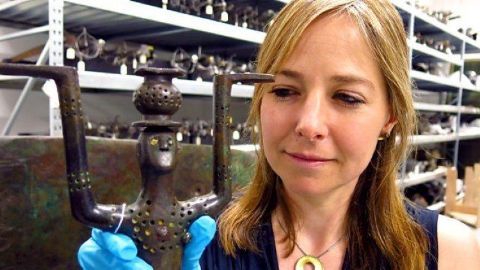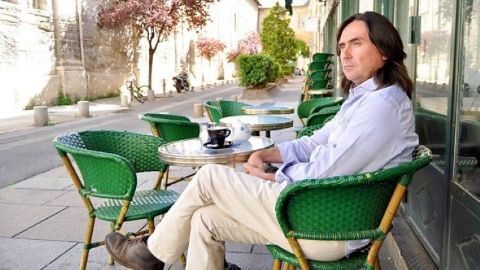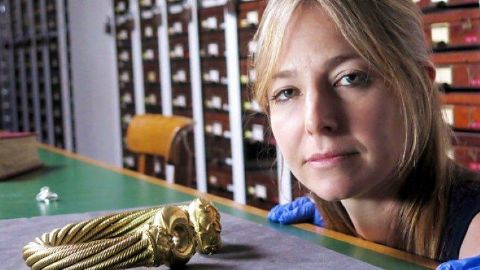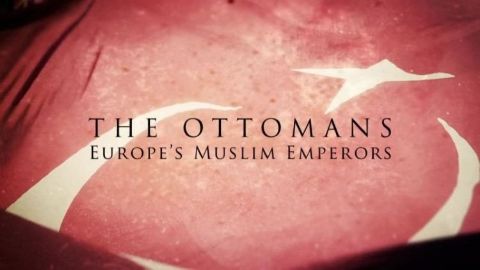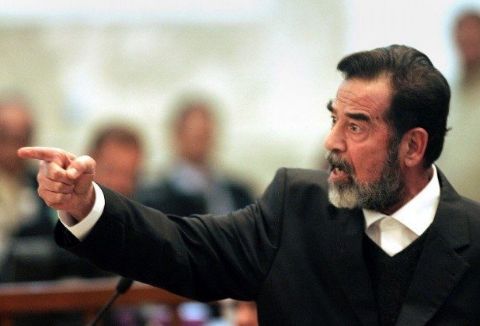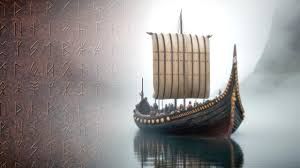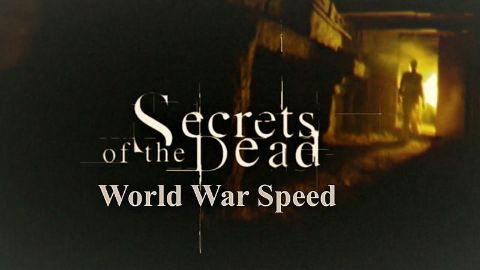Rise and Fall • 2015 • episode "S1E2" • The Celts: Blood, Iron, and Sacrifice
In episode two, we discover the golden age of the La Tene Celtic warrior and reveal how their world extended as far as central Turkey. But by the middle of the first century BC, the Celts were under threat from an expanding Roman Empire, and the Gallic warrior Vercingetorix would challenge Julius Caesar in an epic battle that would shape the future of Europe.
Make a donation
Buy a brother a hot coffee? Or a cold beer?
Hope you're finding these documentaries fascinating and eye-opening. It's just me, working hard behind the scenes to bring you this enriching content.
Running and maintaining a website like this takes time and resources. That's why I'm reaching out to you. If you appreciate what I do and would like to support my efforts, would you consider "buying me a coffee"?
Donation addresses
BTC: bc1q8ldskxh4x9qnddhcrgcun8rtvddeldm2a07r2v
ETH: 0x5CCAAA1afc5c5D814129d99277dDb5A979672116
With your donation through , you can show your appreciation and help me keep this project going. Every contribution, no matter how small, makes a significant impact. It goes directly towards covering server costs.
